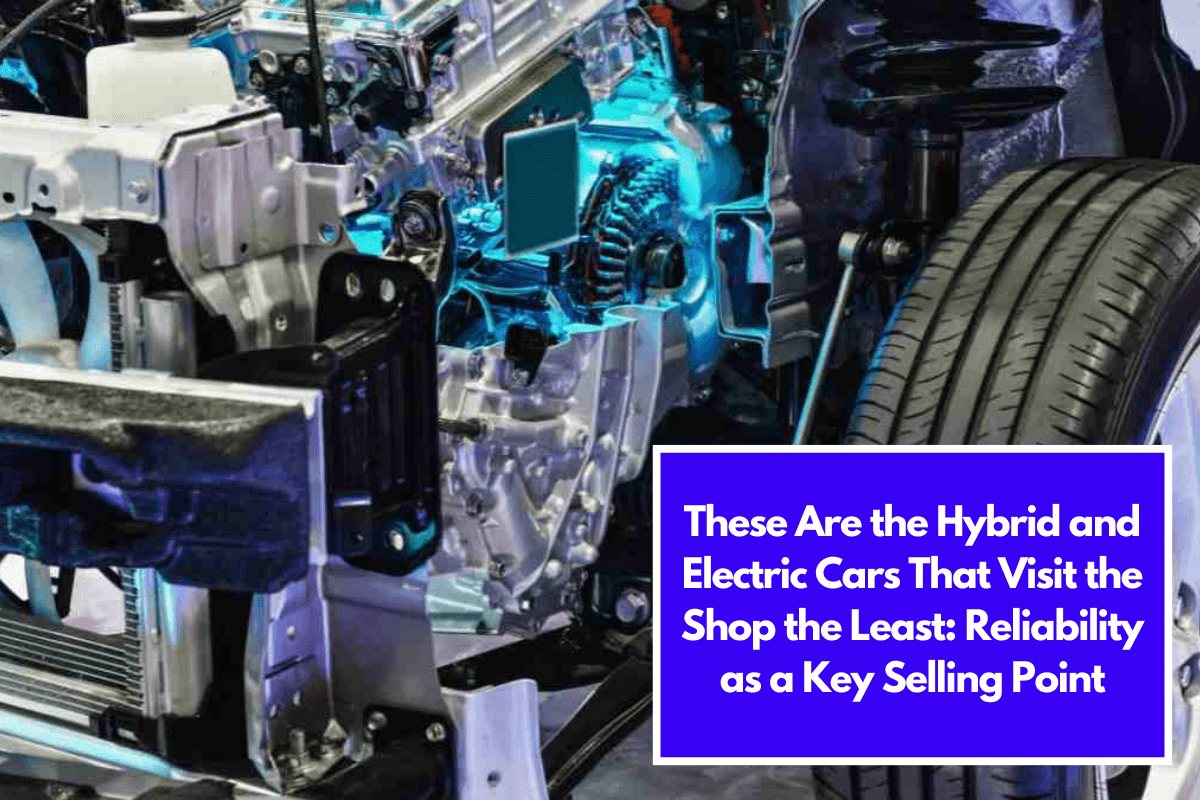Reliability is an important thing to think about when buying a car that can have a big effect on your choice. Consumer Reports polls its members every year to make a well-known, large-scale study that rates the dependability of many different car brands and types.
This detailed study, which looks at more than 330,000 cars, gives a full picture of the good and bad points of each manufacturer. Every part of the car is carefully looked over, from the most basic mechanical parts to the most complex computer systems.
Electric cars
This respected magazine has a section just for electronic vehicles, in addition to the overall results that show which brands need fewer visits to the workshop, no matter what kind of engine they use.
It’s more important than ever to know how reliable these cars are because they are becoming more important in today’s market and will continue to do so in the years to come.
Comparing the Reliability Issues of Electric and Combustion Cars
The Consumer Reports Study on Hybrids and Electric Vehicles
Consumer Reports (CR) says that their study looks into 20 important areas. These range from minor complaints like brakes that make noise or worn-out interior trim to more serious problems that could require expensive fixes after the warranty period is over. Some of these big problems are with the engine, the drive, or the system for charging and the battery.
The study figures out reliability scores by looking at how bad each type of problem is. This gives each model a projected reliability score on a scale from 1 to 100. This in-depth study looks at all the main traditional types on the market and also takes into account:
- Performance tests conducted on track
- Results from owner satisfaction surveys
- Data on safety
After taking all of these things into account, an overall rating is made that shows how reliable and well-performing each car is, without focusing on any particular model’s pros or cons.

The Rise of Hybrid and Electric Vehicles
The fast growth of non-plug-in hybrids (HEV), plug-in hybrids (PHEV), and fully electric cars (EV) has added three new areas that could be problematic: the electric motor, the EV/hybrid battery, and charging. Watch out for different parts of each power system.
Areas of Concern by Vehicle Type
- Vehicles with an Internal Combustion Engine (ICE) have 17 potential problematic areas.
- Electric vehicles can face up to 12 potential issues, excluding traditional ICE problems such as engine and transmission-related issues.
- Hybrid vehicles have 19 potential problem areas: the 17 issues related to ICE vehicles, plus those involving the electric motor and battery.
- Plug-in hybrid vehicles (PHEV) may experience up to 20 problematic areas: 17 from ICE vehicles, along with the electric motor, battery, and charging concerns.
The engine, battery, and charge system are very important parts of electric and hybrid cars that determine how reliable they are.
Revealing Insights into Electric Car Reliability
This year, CR shared some useful information about how reliable electric cars are. In general, hybrid vehicles have 26% fewer problems than standard cars that use gasoline or diesel. The Lexus UX and NX Hybrid are standouts in this group, as are Toyota hybrids like the RAV4 Hybrid.
Challenges with Plug-in Hybrids
However, the results for plug-in hybrid cars are less clear. According to the data, they have 146% more problems than cars with regular engines. The reliability of some models, like the Audi Q5, is lower than that of their regular forms.
Some cars, like the Toyota RAV4 plug-in and the Kia Sportage PHEV, stand out for how well they perform. Both got marks that were well above average. On the other hand, cars like the Hyundai Tucson and the BMW X5 keep their average marks.
Electric Cars and SUVs: A Mixed Bag of Reliability
When it comes to electric cars, even SUVs, the results don’t show much change in reliability. The scores are usually around 44 and 43, respectively. The electric pickup trucks, which get an average score of 30, are at the bottom of the range.
Brand Rankings by Consumer Reports
Consumer Reports says that Lexus is one of the five most reliable names. The Lexus NX got an average score for dependability, but every other car in the brand’s range did better than average this year.
The hybrid Lexus UX is one of the most stable cars on the market. At the same time, Toyota continues to live up to its great image; most of its models get scores above average.











Leave a Reply